In this time of relativism of, well, everything, it is challenging to stand up and declare that there is an objective truth, especially when it comes to religious thought. So many people believe and claim so many different things. Can we ever really know which claim is actually true?
It almost seems that the task to determine truth amid the plethora of claims becomes so daunting that we just kind of philosophically throw in the towel. We give up on even trying to determine truth and decide either there is no truth or truth simply cannot ever be known.
But if someone believes that a god does exist, shouldn’t we believe it is important to know which god it is? It would be foolish to acknowledge there is a god but then stop short of knowing who that god is. Otherwise, we run the risk of worshiping something that is NOT god, which would be highly offensive to the true God. I mean, think of how irritated you get if someone at work were to take the credit for a job you had done – and that job didn’t involve creating everything out of nothing!
I think one of the most compelling ways we can determine the one true God is by contrasting all of the proposed versions of god. By defining the attributes of each religion’s god, one can begin to see which god best answers the major questions about our existence and which god best satisfies our deepest desires.
This is the approach that I take in chapter 3 and 4 of my book Teaching Others to Defend Christianity. It discusses how our existence consists of a deep, pervasive desire for morality. It may not seem that way by the various definitions of moral behavior found across different cultures. But upon a closer investigation, each culture still values certain moral virtues, at least as far as how they want to be treated by others. All cultures desire for people to deal with them honestly and fairly, even if they deal treacherously and unfairly with others. When that is the same across all times and cultures, it suggests there is some Moral Law within us that we did not and could not invent for ourselves.
On this point, we can stop to consider which god is best able to explain this aspect of our existence. Of all the many gods available in all the many worldviews, which one was able and willing to impart this Moral Law onto its creation? The god who created this universe then must be moral, embodying all of those high moral virtues like honesty, integrity, trustworthiness, justice, etc., or else that god would not be able to impart a Moral Law onto us. And the god must be interested in moral behavior, desiring his creation to behave according to those moral virtues, or else that god would not have bothered with imparting a Moral Law onto us.
But also, we must determine which god is best able to address the fact that we continually fail to meet this standard of morality that we desire in others and, honestly, that we desire in ourselves. At the end of the day, don’t we all wish we had been a little kinder, a little less harsh, a little more trustworthy, a better version of ourselves? What god can fix that brokenness we all acknowledge we have?
Aside from the Christian God, all gods require additional works, devotion, or knowledge from us in order to rectify any moral failure. Although that might be able to assist us in not failing in the future, it cannot fix or repair the failures from the past. That becomes kind of a depressing situation to be in. All those other gods expect you to fix yourself, and if you can’t, then you’re just out of luck. Those gods are either powerless to fix that brokenness or they are unwilling to.
The Christian God recognizes our limitations in fixing our moral failures ourselves – in both our past and our future. Therefore, this God takes on that job Himself to rectify our moral failures. It is something entirely unique to all other worldviews. It illustrates our limitations in even imagining a God who would do what the true God actually did.
But this is not the only way we can determine which god is true. The true god who created all things must exist outside of this universe in order to create this universe. The true god certainly could not be a part of this finite and limited universe and still be able to create it (it breaks the laws of logic as well as the laws of causality). Therefore, the true god must exist eternally and be outside of our time, space, energy, and matter. The true god would have power over all this creation and knowledge over all of time. Which god demonstrates those features?
Interestingly, the God of the Bible through Isaiah’s writings brings up these two points. Isaiah wrote in approximately 740–701 B.C., “during the reigns of Uzziah, Jotham, Ahaz, Hezekiah, and Manasseh kings of Judah,” the Southern Kingdom. Yet he writes prophecies concerning specific events of the Assyrian captivity of the Northern Kingdom which happened in 721 B.C. and the Babylonian captivity of the Southern Kingdoms which occurs 100 years after Isaiah in the year 605 B.C. But Isaiah even prophesies ahead to the fall of the Babylonian Empire to the Medo-Persian Empire, specifically naming in chapter 45 Cyrus the Great who would lead the conquest over Bayblon. This would take place in 539 B.C., nearly 200 years after Isaiah wrote.
How is Isaiah able to make these specific prophecies, and of course many others that refer to the birth, ministry, death, and resurrection of Jesus? Only someone existing outside of time would be able to know the future with this level of detail and accuracy. Isaiah credits it to the Lord God of Israel. This ought to confirm the God of the Bible as the one true God.
No other religious deity makes such specific and proven prophecies, a point made in Isaiah 45. God is speaking through Isaiah in verse 21 when He says, “Declare and present your defense of idols; indeed, let them consult together. Who announced this [rise of Cyrus and his conquests] long before it happened? Who declared it long ago? Was it not I, the Lord? And there is no other God besides Me, a [consistently and uncompromisingly] just and righteous God and a Savior; there is none except Me.” (Amplified version)
God points out that none of the false gods in the nations surrounding Israel could predict the future. Only the true God could do that. Only the God of Israel has done that. Truly there is no other God besides the God of Israel.
In chapter 46, God speaking through Isaiah contrasts the abilities of the gods of the surrounding nations to the ability of the true God. He says, “Bel bows down, Nebo stoops; their idols were on the beasts and on the cattle. Your carriages were heavily loaded, a burden to the weary beast. They stoop, they bow down together; they could not deliver the burden, but have themselves gone into captivity. Listen to Me, O house of Jacob, and all the remnant of the house of Israel, who have been upheld by Me from birth, who have been carried from the womb: even to your old age, I am He, and even to gray hairs I will carry you! I have made, and I will bear; even I will carry, and will deliver you.”
The false gods of Babylon would be loaded up on donkeys and horses to be carried away when Cyrus came to conquer Babylon. Their gods were so useless that they could not even carry themselves away. They would be defeated and carted off as the spoils of war.
However, the nation of Israel has been upheld and carried by the one true God. He emphasizes that He is the one who has carried them since birth. He is the one who is still carrying them. God tells them, “I will carry you! I have made, and I will bear, even I will carry and I will deliver you.” Look at all the things the one true God will do! What a beautiful picture of the God who carries us! The false gods not only can’t carry their worshipers, they can’t even carry themselves.
God continues making His point in the rest of Isaiah 46. He describes the man who weighs out the gold and silver on the scales and then hires the goldsmith to fashion it into an idol to be worshiped. Or as He describes in chapter 44 the craftsman who cuts down wood and uses one portion to carve into an idol and the other portion to cook his food. Isaiah 44:19 says, “And no one considers in his heart, nor is there knowledge nor understanding to say, ‘I have burned half of it in the fire, yes, I have also baked bread on its coals; I have roasted meat and eaten it; and shall I make the rest of it an abomination? Shall I fall down before a block of wood?”
God is pointing out the ridiculousness of a person literally crafting their own idol into a man-made image and worshiping it as if it can do anything. The idol is completely dependent on the person carting it back to a house and setting it up on the altar. It is a false god, powerless to act and powerless to save.
It is no different from our culture’s plethora of religions from which to choose. People have invented all kinds of false gods, fashioning each with their own hands and imaginations, just like the Babylonian craftsman molding his idol out of silver and wood. And just like the Babylonian gods, these false gods are powerless to act and powerless to save. Meanwhile the one true God is willing and able to carry you and deliver you if you would only call out to Him.





3 thoughts on “How Do We Know the Christian God is THE God?”
Thank you for this article reminding us of our God who is Creator of all and powerful in all ways. Including having the power to deliver us from our moral failures and sins. I appreciate your Bible study from Isaiah. It reinforced the truth that our “ideas” about God must be grounded in Scripture and anything else will lead us to create a god to our own liking.
So grateful for the one true God who cares so much about us!
This is a great article Cathryn. It has a very important message in this world that seems to accept just about anything. Thank you for your ministry and sharing important truth like this.
Richard M. Evans
Thank you, Richard! I appreciate you taking the time to read this and for your encouragement!
Comments are closed.